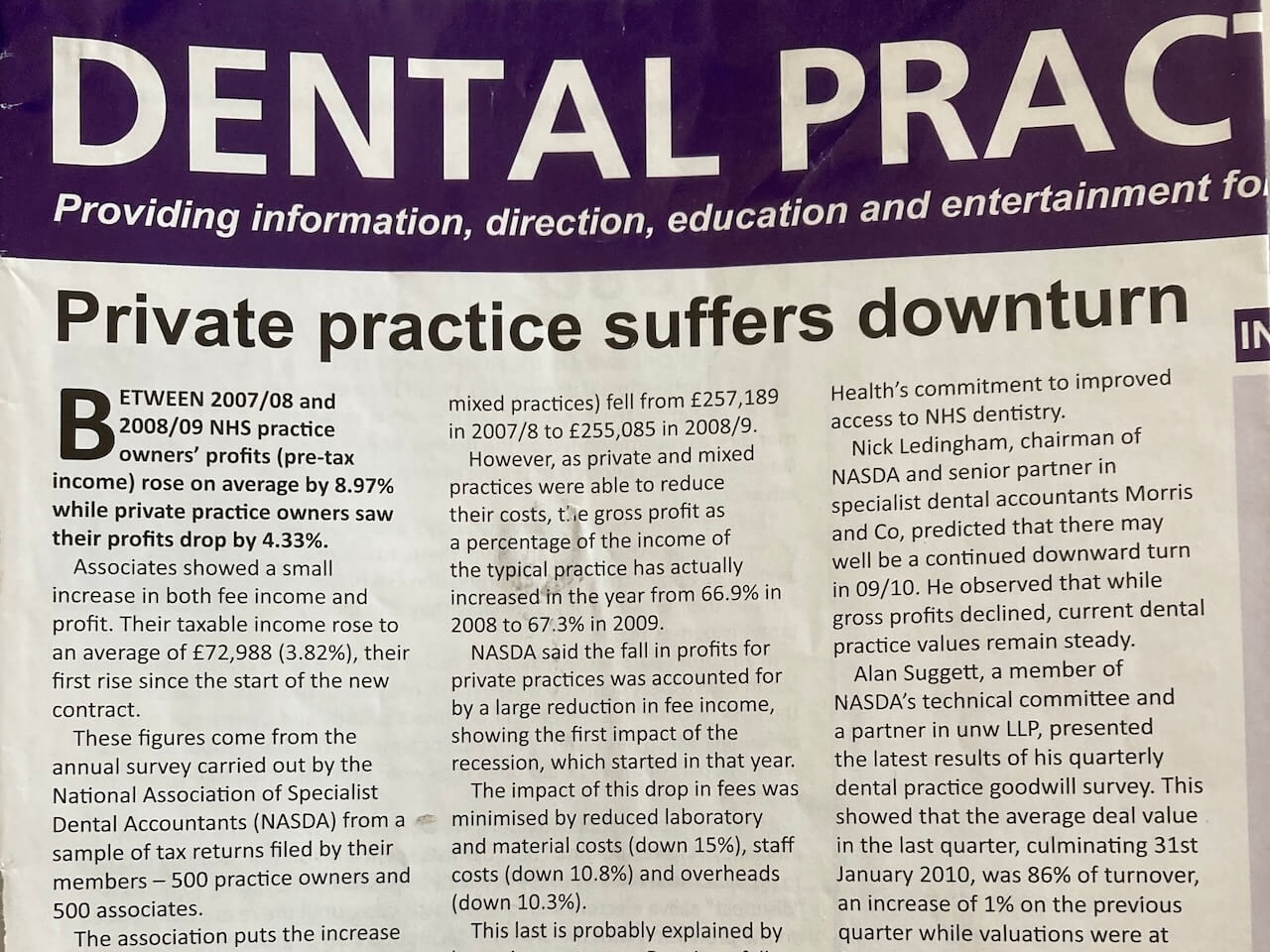Sharing is caring

The UK system of independent taxation ensures each individual has their own tax band and their own tax-free personal allowance. HMRC deals with individuals completely independently, irrespective of their marital status. However, if couples understand the system and take a joined-up approach to personal financial and tax planning from the outset, they can reap huge benefits.
Put simply, you should avoid a situation where one person in the partnership retains the majority of income and assets. An extreme example demonstrates the point: If a dentist or orthodontist has built up both NHS and private pensions of a significant size in their sole name, the applicable tax rate could be 60% at retirement whilst their partner might only have state pension income which falls within the nil rate tax band, wasting the balance of that tax free band.
To flesh this scenario out, if the dentist had secured an excellent retirement income of £120k p.a. and their other half had nothing more than the State pension then, after tax, the couple would receive £80.5k in total, plus the State pension.
By contrast, with good tax planning advice, they could both have built up equal pensions of £60k pa each. After tax, the couple’s annual income would be £97k in total. That’s a massive tax saving of £16.5k pa. Taken over a modest retirement of 20 years, this would equate to a tax saving of £320k! Mind-blowing! In simple terms, the more a couple can equalise their taxable income by sharing it, the better.
An area where the tax system seems particularly unjust relates to the High Income Child Benefit Charge. Child Benefit starts to be lost if one partner earns over £50k. However, both partners can earn up to £50k each and not suffer any deduction in child benefit! So in effect one couple can earn £60k in total and not receive any child benefit, whereas another couple can earn £100k between them and receive the full benefit!
During the working lifetime it is easy to focus the financial and tax planning on the higher earner, but my advice is to remember to look to the future and the long term benefits of ensuring your partner is also building up income generating assets. It’s a situation you can’t correct at the 11th hour when you are about to retire. Couples have to address these things in the now to look after the future.
For effective tax planning, remember:
A further example of effective joint planning relates to the High Income Child Benefit Charge. This is an aspect of the tax system which seems particularly unjust. Child Benefit starts to be lost if one partner earns over £50k. However, both partners can earn up to £50k each and not suffer any deduction in child benefit! So, in effect, one couple can earn £60k in total and not receive any child benefit, whereas another couple can earn £100k between them and receive the full benefit!
A joint approach underpinned by sound advice is essential. If you want to be sure of getting sound advice, click here to get in contact.











